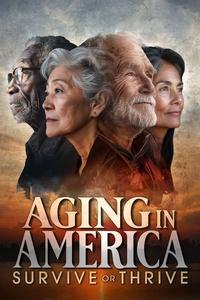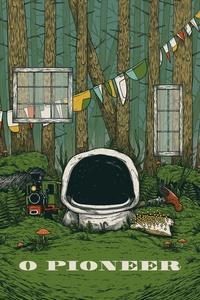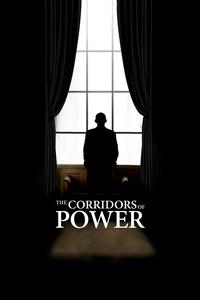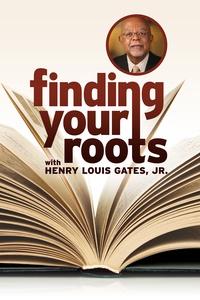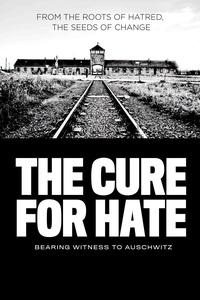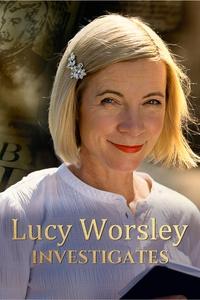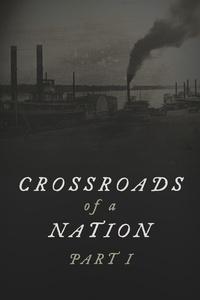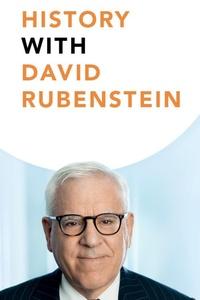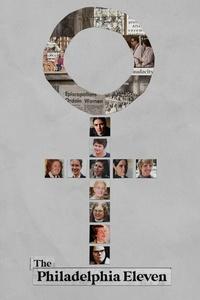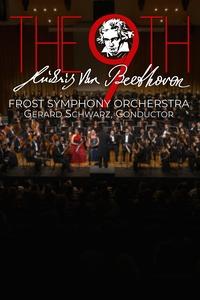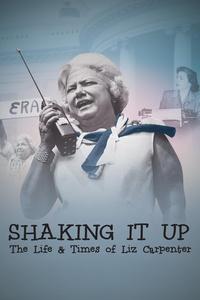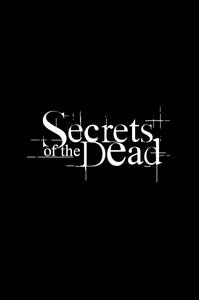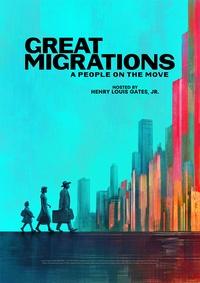The Adventure (1955-1960) -
jazz
As rhythm and blues and rock 'n' roll erode jazz' audience still further, the music nonetheless enjoys a time of tremendous creativity. Saxophonist Sonny Rollins makes his mark on the scene, Duke Ellington reemerges as a star after a triumphant performance at the Newport Jazz Festival and Miles Davis makes several now-legendary albums. Young trumpeter Clifford Brown achieves great artistry, but his life is cut short in a car accident. Vocalist Sarah Vaughan forever sets a standard for jazz singing. Amidst the school integration crisis in Little Rock, Arkansas, Louis Armstrong risks his career by speaking out forcefully against segregation. Drummer Art Blakey, pianist Horace Silver and other "hard bop" musicians play a soulful brand of jazz in an attempt to bring the music back to the black audience it has lost to R&B. In 1957, Billie Holiday reunites with Lester Young on a live television program, "The Sound of Jazz"; two years later, both Holiday and Young are dead. John Coltrane, after playing on Miles Davis' Kind of Blue album, forms his own quartet, scores a hit with his version of the show tune "My Favorite Things" and creates some of the most intense music in jazz history. The episode concludes with the arrival on the scene of the free-jazz pioneer, Ornette Coleman, whose music challenges all of the conventions of jazz, signals the arrival of the avant garde and provokes a debate about the definition of jazz that continues to this day.
Duration: 1 hour 56 minutes and 46 seconds
Episode Number: 109
No future air times were found for this episode.
About Jazz:
Jazz is born in the unique musical and social cauldron of New Orleans at the turn of the 20th century, emerging from several forms of music, including ragtime, marching bands, work songs, spirituals, European classical music, funeral parade music and, above all, the blues.
Musicians who advance early jazz in New Orleans include Creole pianist and composer Jelly Roll Morton, cornetist Buddy Bolden and clarinet prodigy Sidney Bechet.
Composer W.C.
Handy codifies the blues through his popular compositions.
The Original Dixieland Jazz Band makes the first jazz recordings.
Their enormous popularity spreads the sounds of jazz across the country and, eventually, the world.
At the end of the episode, viewers meet an 11-year-old New Orleans boy, Louis Armstrong, who will emerge from the city's toughest streets to become jazz music's greatest star and transform American music.
Watch Jazz - Clips, Episodes & Previews
NHPBS Over-the-Air Broadcast
WENH-TV Ch. 11 Durham
WLED-TV Ch. 48 Littleton
WEKW-TV Ch. 18 Keene
W50DP-D Ch. 50 Hanover
W34DQ-D Ch. 34 Pittsburg
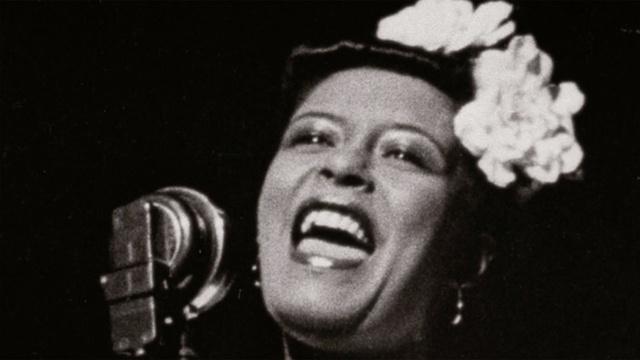 Swing: The Velocity of Celebration
Swing: The Velocity of Celebration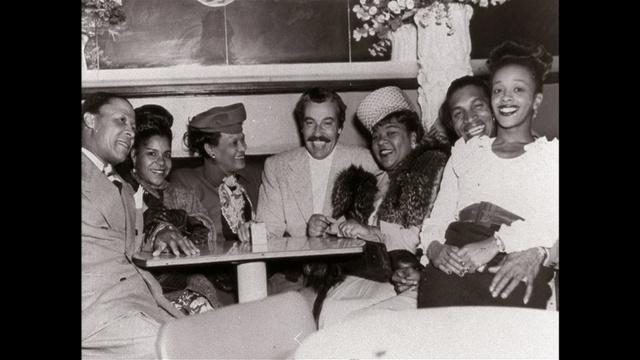 Swing: Pure Pleasure
Swing: Pure Pleasure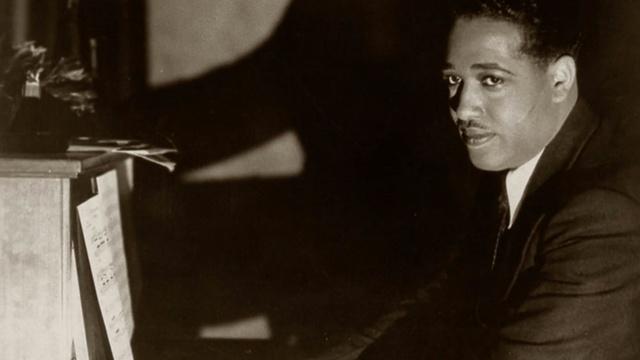 The Gift
The Gift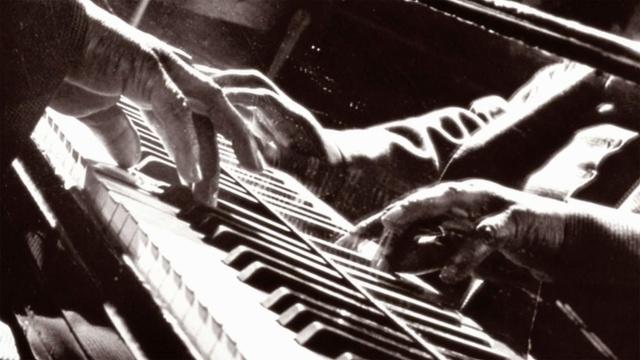 The True Welcome
The True Welcome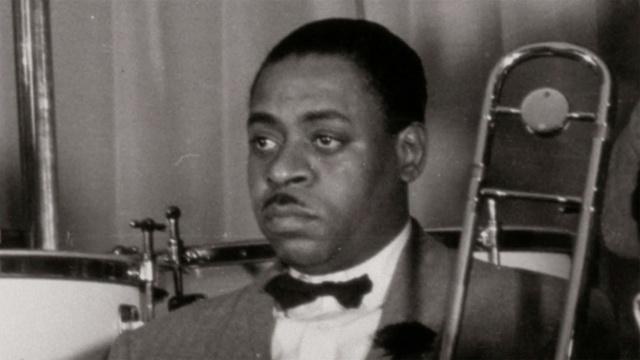 Dedicated to Chaos
Dedicated to Chaos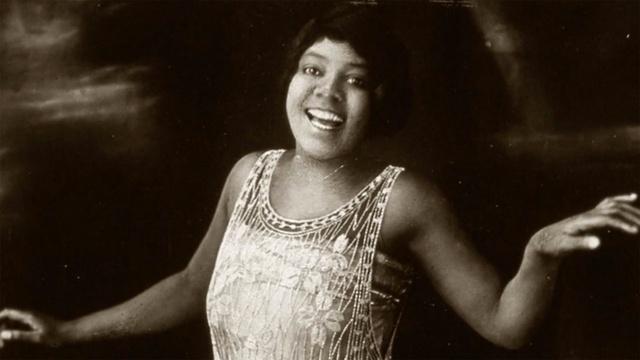 Our Language
Our Language









![American Masters | Art Spiegelman: Disaster is My Muse [ASL]](https://image.pbs.org/contentchannels/4/DQonQiQxfoWZiaPvAsVCw.jpg.resize.200x300.jpg)
